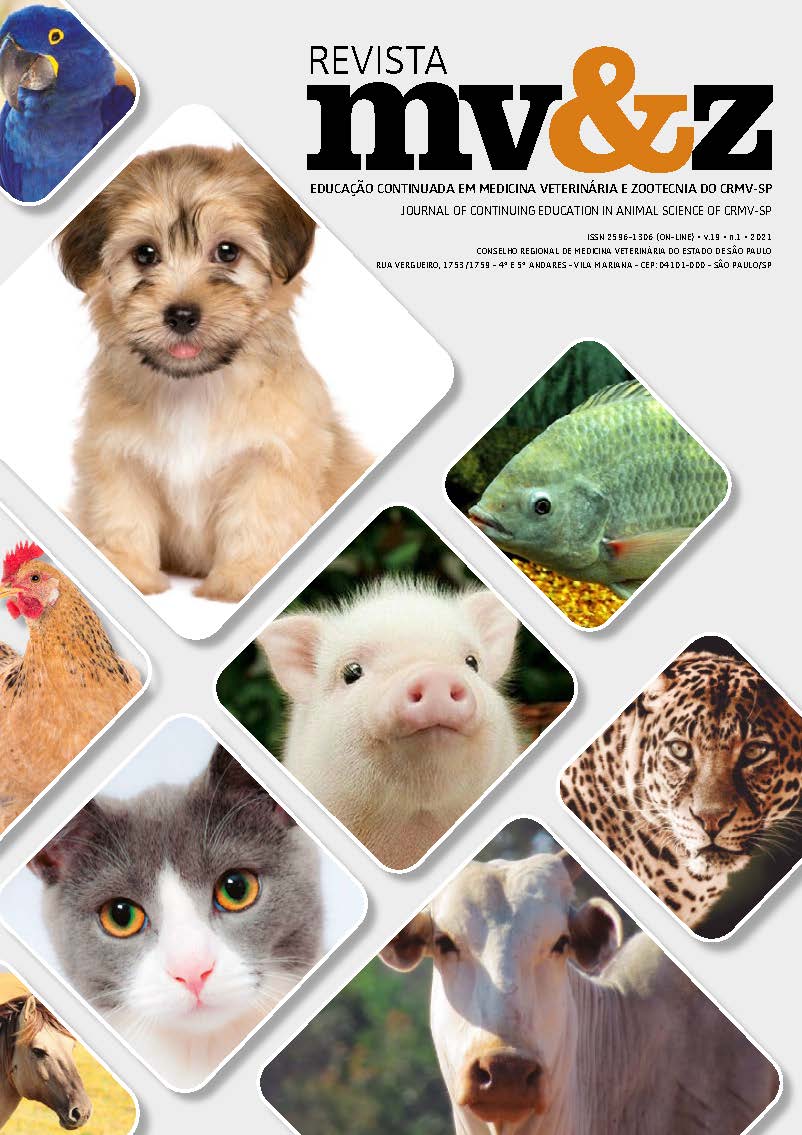Aspectos legais e destinação durante o resgate de animais silvestres nativos no Brasil
##plugins.themes.bootstrap3.article.main##
Resumo
Resgatar animais silvestres está diretamente relacionado à preservação da fauna silvestre do país. Os animais resgatados são encaminhados aos Centros de Triagem de Animais Silvestres (CETAS), Centros de Reabilitação de Animais Silvestres (CRAS), Centros de Manejo e Conservação de Animais Silvestres (CeMaCAS) e Polícia Ambiental, para que, possam ser identificados, avaliados e, algumas vezes, reabilitados antes de determinarem seu destino. Tratando-se de animais acidentados, observam-se duas principais origens: animais atropelados, principalmente, em rodovias, e animais provenientes de acidentes em centros urbanos. O tráfico de animais silvestres também causa um impacto importante na fauna brasileira, em especial, em espécies raras e/ou em extinção. É de extrema importância a ação dos centros de conservação de espécies, a fim de, diminuir os altos índices dos animais na lista de ameaça de extinção.
##plugins.themes.bootstrap3.article.details##
1. Autores mantém os direitos autorais e concedem à revista o direito de primeira publicação, com o trabalho licenciado sob a Creative Commons Atribuição-NãoComercial-SemDerivações 4.0 Internacional
2. Autores têm autorização para assumir contratos adicionais separadamente, para distribuição não-exclusica da versão do trabalho publicada nesta revista (ex.: publicar em repositório institucional ou como capítulo de livro), com reconhecimento de autoria e publicação inicial nesta revista.
3. Autores têm permissão e são estimulados a publicar e distribuir seu trabalho online (ex.: em repositórios instituicionais ou na sua página pessoal) a qualquer ponto antes ou durante o processo editorial, já que isso pode gerar alterações produtivas, bem como aumentar o impacto e a citação do trabalho publicado (Veja O Efeito do Acesso Livre);
